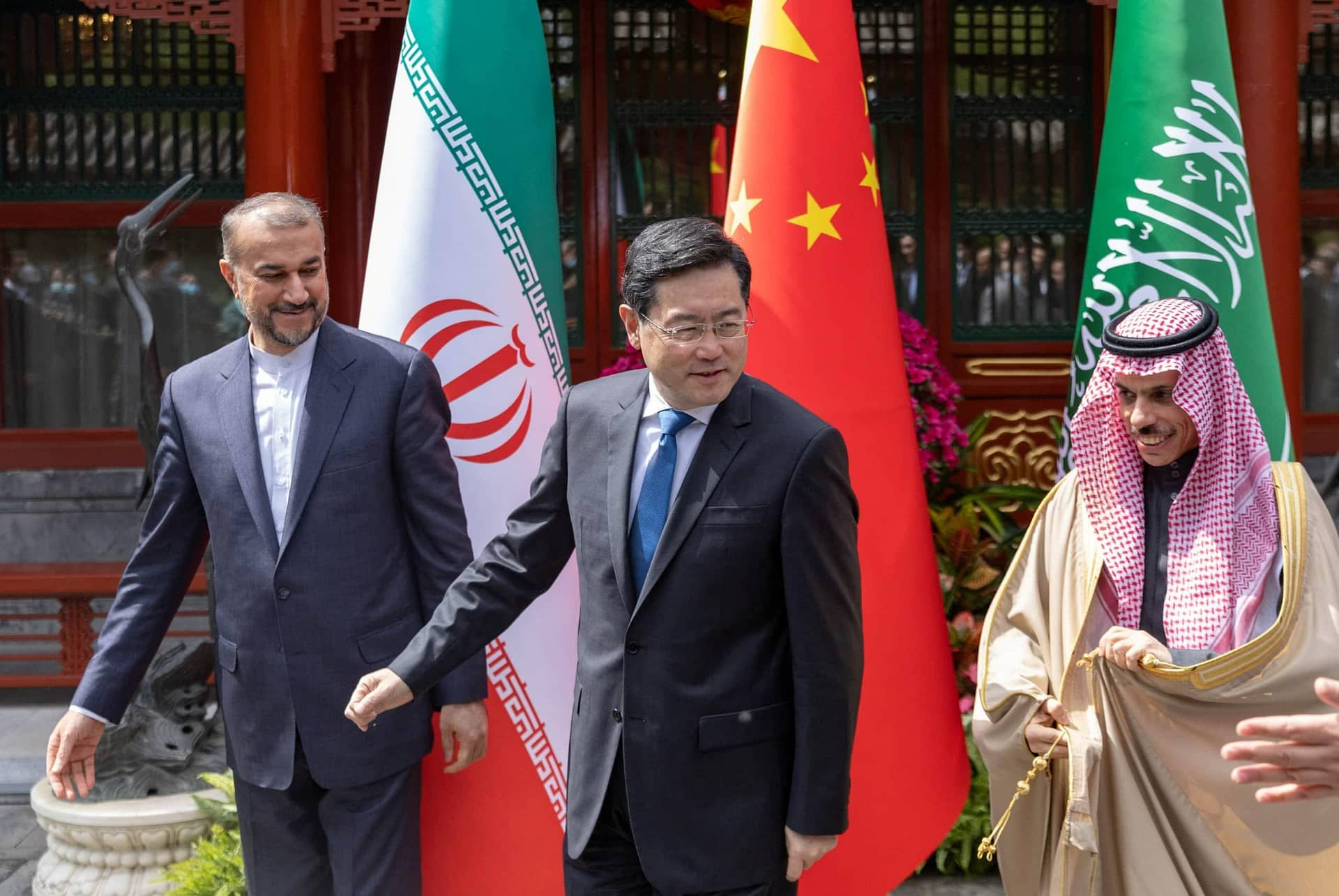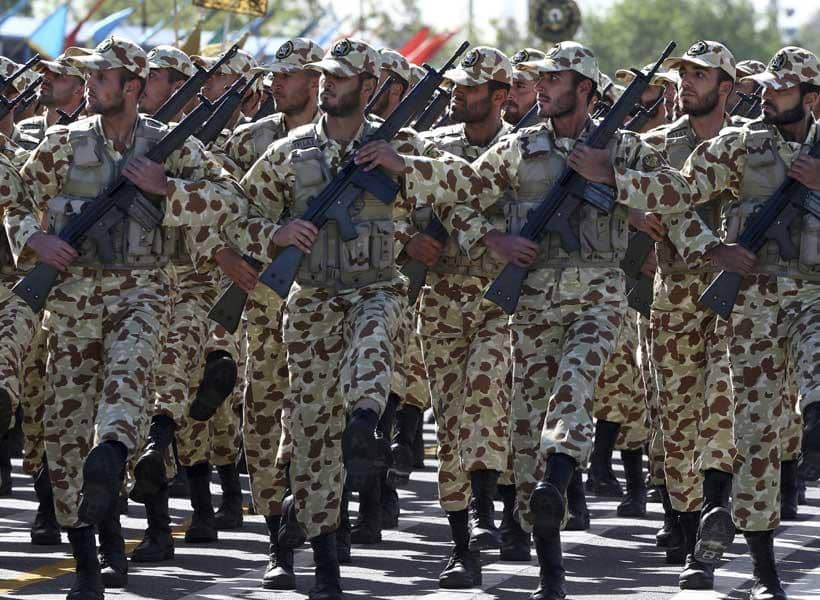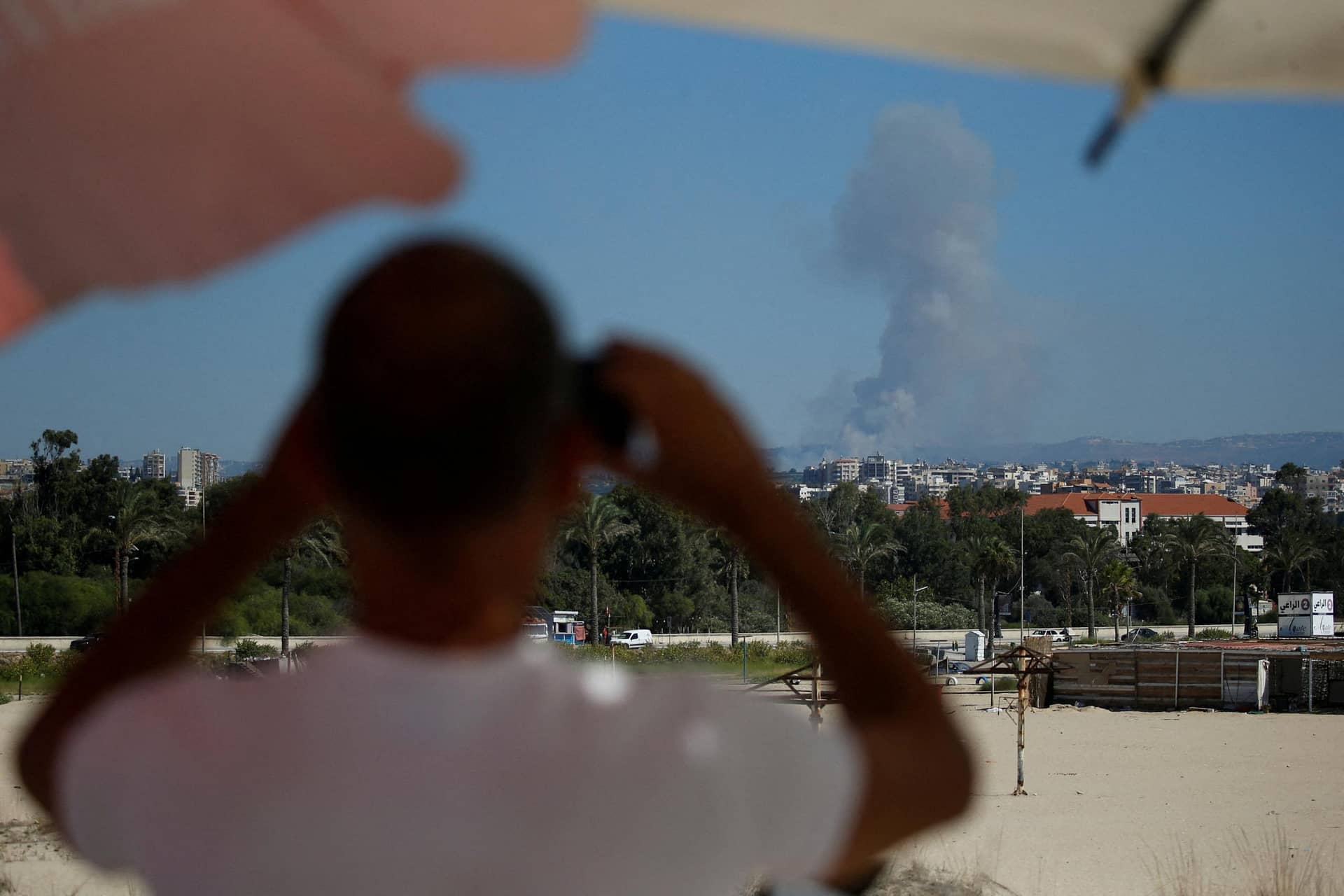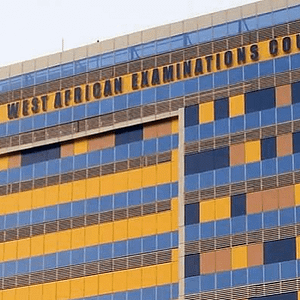In the intricate web of Middle Eastern geopolitics, tensions between Israel and Iran have long simmered beneath the surface, occasionally erupting with dramatic consequences. The recent attack on an Israeli hospital has once again thrust these fraught relations into the global spotlight. Israeli Prime Minister Benjamin Netanyahu’s stern warning that Iran will “pay a heavy price” marks a significant escalation, underscoring the high stakes involved. As the world watches closely, this incident may well redefine the fragile balance of power in the region, prompting questions about the potential repercussions for both nations and the broader international community.
Iran’s Strategic Calculus in Response to Israeli Medical Facility Attack
In the wake of the Israeli strike on a medical facility, Iran’s response strategy is under intense scrutiny. Tehran is likely to escalate its regional posturing, leveraging alliances and proxy networks to recalibrate the balance of power. This incident underscores a complex interplay of deterrence and retaliation, where Iran’s calculations will weigh the immediate costs against long-term strategic gains. The leadership’s measured rhetoric suggests a dual approach, combining diplomatic maneuvers with covert operations, aimed at maintaining influence without triggering full-scale conflict.
Iran’s strategic playbook may incorporate several key elements, including:
- Increasing support to non-state actors in the region to pressure Israel indirectly.
- Bolstering cyber capabilities to disrupt Israeli infrastructure and communications.
- Enhancing missile deployments as a signaling tool to deter further strikes.
- Engaging in diplomatic outreach to solidify alliances and garner international condemnation of Israeli actions.
| Strategic Domain | Potential Iranian Actions | Implications |
|---|---|---|
| Proxy Influence | Support to Hezbollah, Hamas | Increased regional instability |
| Cyber Warfare | Targeting Israeli systems | Disruption of vital services |
| Conventional Military | Missile tests/deployments | Heightened deterrence posture |
| Diplomacy | Lobbying & strategic partnerships | Shaping international opinion |

Implications for Regional Security Dynamics and Diplomatic Relations
The retaliatory warnings issued following the hospital strike signal a further escalation in an already volatile regional landscape. Iran’s increasing involvement in proxy conflicts across the Middle East complicates diplomatic efforts and intensifies security concerns for neighboring states. The potential for miscalculations grows as each side fortifies its stance, risking a spiral of reprisals that could destabilize fragile ceasefires and peace agreements. This environment underscores an urgent need for renewed diplomatic engagement to prevent unintended confrontations that could engulf the region.
Regional actors, while watching closely, are now forced to reconsider alliances and security doctrines in light of the evolving threat matrix. The impact is likely to ripple beyond immediate borders, influencing international diplomatic relations and economic ties. Key factors shaping these dynamics include:
- Shifts in military posturing and defense readiness
- Heightened risk of proxy skirmishes in Lebanon, Syria, and Gaza
- Recalibration of U.S. and European involvement in Middle Eastern diplomacy
- Potential disruption of vital energy supply routes
| Aspect | Potential Impact | Diplomatic Response |
|---|---|---|
| Military Escalation | Increased border incidents | Calls for ceasefire negotiations |
| Economic Stability | Volatility in oil markets | International mediation efforts |
| Regional Alliances | Realignment of partnerships | Enhanced multilateral talks |

Analyzing Netanyahu’s Warning: Potential Consequences for Iran and the Middle East
Israeli Prime Minister Benjamin Netanyahu’s recent declaration has sent ripples across geopolitical circles, signaling a stern stance against Iran following a troubling attack on an Israeli hospital. This warning underscores the gravity with which Israel views the incident, projecting the possibility of significant repercussions not only targeting Iran’s strategic interests but also impacting the broader stability of the Middle East. Netanyahu’s rhetoric suggests a deliberate intention to hold Iran accountable, which could escalate tensions and reshape regional alliances.
The potential fallout from this confrontation is multifaceted:
- Heightened Military Engagements: Increased military operations and retaliations could unfold, affecting neighboring countries.
- Economic Sanctions: New rounds of sanctions against Iran may tighten, disrupting its economy and energy exports.
- Diplomatic Shifts: Regional powers may realign their policies, either supporting Israel’s position or seeking to mitigate conflict through diplomatic channels.
- Humanitarian Concerns: Prolonged conflict risks exacerbating humanitarian crises across affected territories.
| Possible Consequence | Impact Area | Projected Timeline |
|---|---|---|
| Military Escalation | Border Regions | Short-term |
| Sanctions Intensification | Economic Sector | Mid-term |
| Diplomatic Realignments | International Relations | Long-term |
| Humanitarian Crisis | Civilian Populations | Ongoing |

Recommendations for De-escalation and Conflict Resolution in the Region
Effective de-escalation hinges on open channels of communication and mutual recognition of sovereignty. In volatile environments, fostering direct dialogue between conflicting parties can dismantle assumptions and build trust. Encouraging third-party mediation, such as neutral international organizations or respected regional powers, plays a critical role in bridging divides. Alongside communication, transparency in intent and actions can reduce misinterpretations that often escalate tensions.
For sustainable peace, stakeholders should embrace a holistic approach that involves:
- Confidence-building measures, such as ceasefires and humanitarian corridors.
- Joint economic projects that create interdependence and shared interests.
- Community engagement initiatives that empower grassroots voices to counter extremism.
- Regular security consultations to address emerging threats collaboratively.
| Strategy | Expected Impact |
|---|---|
| Third-party mediation | Reduces mistrust, fosters dialogue |
| Confidence-building measures | Decreases chance of accidental clashes |
| Economic cooperation | Creates mutual stakes in peace |
| Community engagement | Prevents radicalization, promotes unity |
To Conclude
As tensions escalate and warnings are exchanged, the situation between Israel and Iran remains fraught with uncertainty and high stakes. The recent incident involving the Israeli hospital has not only deepened the conflict but also underscored the delicate balance in the region. As leaders issue stern declarations and the world watches closely, one thing is clear: the path ahead is shadowed by the potential for far-reaching consequences. In this complex geopolitical chessboard, the coming days will be crucial in shaping the future security and stability of the Middle East.












